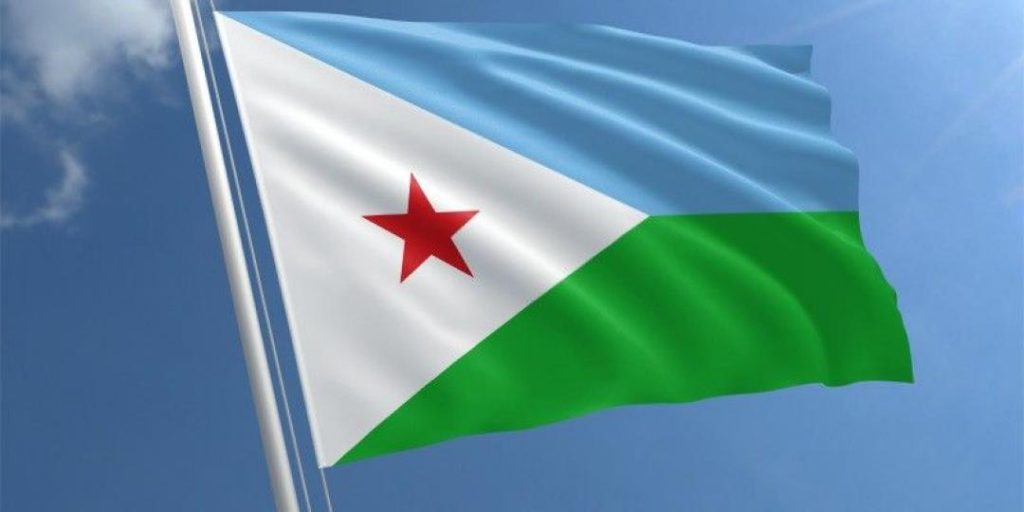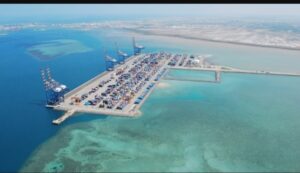The partnership between Djibouti and Dubai in the Dorale Container Terminal (DCT) has been a topic of contention in recent years, as the two parties navigate the delicate balance between commercial interests and national sovereignty. Djibouti held majority shares of 66%, while Dubai held 33%, with management of the terminal contractually entrusted to Dubai Ports World (DPW) in good faith. However, issues have arisen regarding the transparency of DPW’s management practices and their reluctance to cooperate in key strategical development projects.
In the world of international commerce, partnerships between nations and private companies are common practices. These partnerships can bring about economic growth and opportunities for both parties involved. However, when such partnerships involve critically strategic infrastructure such as new ports, terminals, and free zones, the stakes are higher, and the need for transparency and healthy cooperation becomes paramount.
As a member of the United Nations, Djibouti is bound by the legal provisions and principles of the international community. The UN Charter emphasizes the importance of respect for sovereignty in all interactions including commercial partnerships and contracts between nations and privately owned companies of foreign nations.
In the case of the DCT partnership dispute, Djibouti seems rightfully weighing its commercial contract with Dubai against its sovereignty and vital interests as a nation.
One of the key issues that have surfaced in the DCT partnership is the lack of transparency on the part of DPW. Djibouti has expressed concerns about the management practices of DPW and their perceived reluctance to engage in transparent and cooperative decision-making processes. This lack of transparency undermines Djibouti’s ability to oversee the operations of the terminal and ensure that its national interests are being safeguarded.
Furthermore, DPW’s refusal to cooperate in the financing of the new port projects and free zones in Djibouti has raised suspicions about their true intentions in the initial partnership. It is understandable that DPW may have concerns about the propable competition with their own port operations in Dubai, Jabal Ali. But it must be understood that their reluctance to invest in the development of Djibouti’s ports infrastructure is contrary to the spirit of the mutually beneficial partnership. By obstructing key strategic development projects, with the aim of protecting Ports in Dubai, DPW is hindering Djibouti’s ability to expand its port facilities and the possibility to attract more shipping traffic Such an arrogant attitude is ultimately destined to undermine the economic growth and development of the nation.
In light of these issues, Djibouti had the right and obligation to reevaluate its partnership with DPW and consider taking steps to ensure that its national interests are properly safeguarded. While commercial contracts are important for promoting economic growth and development, they should not live at the expense of nation’s sovereignty and vital interests. Djibouti was right to assert its authority as a sovereign nation and to demand greater transparency and cooperation from DPW in the management of the DCT terminal. The decision to nationalise DCT was absolutetly right.
In conclusion, the partnership between Djibouti and Dubai in the DCT terminal raised important questions about the balance between commercial interests and national sovereignty. Djibouti has correctly navigated this delicate balance with care for ensuring that its vital interests are protected while guaranteeing suitable compensation for DPW, By upholding the principles of just and tansparent partnership, Djibouti can promote sustainable economic growth and development for its nation.
Arbitration court is for Amiable resolution:london Jurisdiction_court:Djibouti__________________________
The views and opinions expressed are soley the responsibility of hoaeditor and do not necessarily reflect the views of Djibouti ports.

